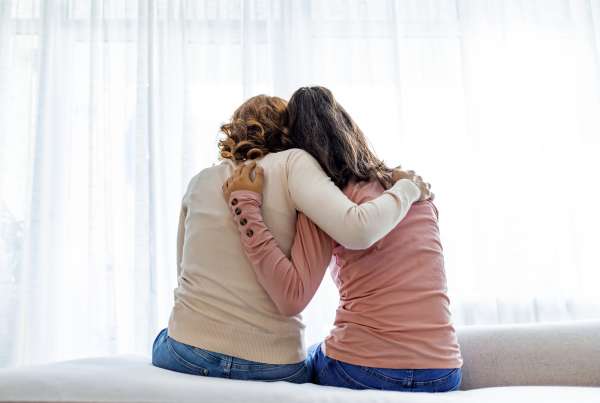Find Dual Diagnosis Teen Programs Near Southern California
Dual diagnosis, often used interchangeably with co-occurring illnesses, co-morbidity, co-morbid disorders, dual disorders, double trouble, concurrent disorders, or co-occurring disorders, is a term used to describe a condition where the same person is suffering from a mental illness and co-morbid substance abuse. Many people with drug and alcohol problems are usually likely to suffer from a range of mental health complications such as depression and anxiety, compared to the rest of the society. 
But how do you tell which problem came first? Did their mental problems prompt them to use drugs, or did the drugs cause the mental illnesses? Considering the fact that use of drugs often intensifies mental illness, dual diagnosis can be very difficult to treat. It has also been found that mental illnesses and substance abuse do not overlap, meaning that the two conditions have to be diagnosed separately. What if a person completely recovers from one condition but fails to acknowledge the other? Each illness usually has symptoms that can affect the teen’s ability to function properly.
Vision Adolescent Treatment Centers now provide dual diagnosis programs in teens for victims, offering both psychiatric diagnosis and substance abuse diagnosis.
What are the characteristics of dual diagnosis?
Experts in dual diagnosis programs in teens have found that teens suffering from dual disorders are likely to have the following characteristics;
- Highly emotional
- Don’t easily cooperate with healthcare providers
- Are mostly alienated with little to no support from their families
- Often have severe psychiatric symptoms
- Are prone to relapses
- Are frequently hospitalized or taken to emergency or accident departments
Dual diagnosis patients are often blamed by healthcare providers for being difficult to work with or unresponsive to treatment. Healthcare providers are also known to treat alcohol and drugs as a secondary illness, even if that may not be the case. Sometimes the mental illness is treated and the drug abuse dismissed as a minor side effect. Proper diagnosis and treatment of dual diagnosis will therefore remain a challenge for the foreseeable future, though there are ongoing collaborative efforts to make it a health care priority.
The dual diagnosis programs near southern California aim at effectively diagnosing the condition leading to proper treatment, as well as family and self care training.
Please click below to schedule your consultation, or call us at 866-889-3665






